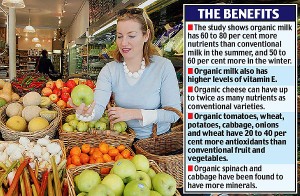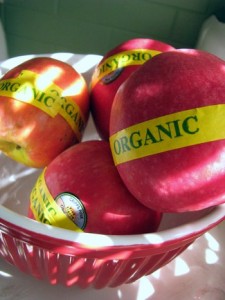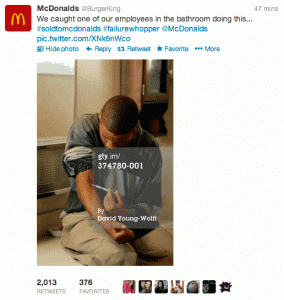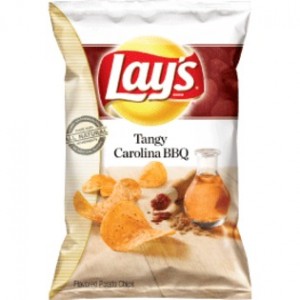Time flies! I can’t believe that it is the end of the term already. I still remember the worry I had about the course in the beginning of the term because everyone says that marketing has a lot to do. However, it turns out not bad. I guess it is because that I have an awesome group!
My group consists of a combination of different personalities. Some are more outgoing and proactive while some are more quiet. All of us have different specialized skills. Some are good at editing and planning while some are good at making video. But we have at least one thing in common, which is that we are all very nice and friendly! I think a group is likely to do well if the group atmosphere is friendly.
I really like the fact that our group is very organized. There was always one person in our group who initiated meetings, set timelines for each assignment and delegated tasks to make sure that we can get things done on time. Whenever one of us had questions, the rest was always willing to help out.
I had never enjoyed group meetings as much as this time. We shared ideas as well as jokes. I felt very comfortable working with my group. Without them, I would not be able to finish these assignments by myself.
These assignments really strengthen my understanding of the material learned in class. Some of the marketing terms are hard to understand such as the pull and push strategies. When I was doing the assignments, I had the chance to analyze all aspects of a company, which provides me the big picture and thus makes the material easier to sink in.
All in all, these assignments are an effective learning tool! I had a great time in the course!







Recent Comments